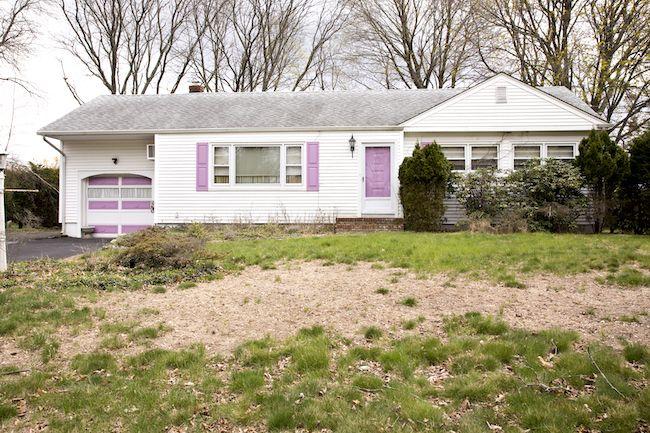Selling your home can come with a long to-do list. You may need to clear the clutter, increase your curb appeal, update fixtures, replace outdated kitchen cabinets, etc. – and all of these require time and money in many cases. No wonder it’s tempting to sell your home as-is and hope for the best.

Sure, rather than exerting a lot of effort into updating your house (even though it could sell more quickly and for more money), selling your home as-is can save you money and the hassle of dealing with home improvements.
Of course, there’s no right or wrong answer – each option comes with its own pros and cons. Before making a decision, keep the following things in mind to arrive at the outcome you want.
Selling your home as-is means you’re selling the property in whatever state it’s currently in. No repairs are going to be made, and whoever purchases the home does so with the understanding that whatever state the home is in, that’s what they’ll get.
The term “as-is” will be included in the closing documents – the purchase and sale agreement – and the buyer will need to sign the paperwork in order to proceed with the transaction.
Don’t assume that labeling a property “as-is” allows you to skip disclosing any known issues with the house. You can’t just put up a listing price and think you can avoid all of the usual seller obligations.
As a seller, you’re legally required to answer questions honestly when it comes to any defects or other existing problems – the exact definition can differ from state to state. Of course, you don’t need to point out every drafty window or tiny dent in the wall, but if there are major concerns, you’ll need to disclose those.
These can include:
When deciding to sell your home as-is, it’s important to consider the potential value of your property and how much demand there may be for your location. For example, if you live in a highly desired neighborhood and your house has minor flaws, you may be able to get away with not making any upgrades or repairs and still be able to attract numerous buyers.
On the other hand, if there are multiple homes popping up for sale in your neighborhood and it’s been on the market for a while even with fancy upgrades, you may have a harder time entertaining an offer. That’s not to say you can’t price your home lower to attract buyers, but the longer your home sits on the market, the more likely it is you may need to lower your listing price even more.
Even if your home is in a good location, you may still have a harder time attracting potential home buyers. That’s because the term “as-is” typically has a negative connotation. Many home buyers may not want to deal with repairs or renovations or may assume there’s something really big wrong with the house – like defects that will require them to shell out big bucks or be forced into major repairs.
If you disclose some serious issues with the home, buyers may assume you’re desperate or make other negative assumptions. They may not be as willing to work with you on the purchase price, or they may try really hard to lowball you – they could even go as far as to ask for repairs during the home inspection process.
In this case, consider getting a licensed contractor to give you a few quotes on what it would cost to make repairs or replace defects in the home. For example, let’s say your roof and HVAC need to be replaced, and it’ll cost around $20,000 in total. Consider knocking down your listing price down by that amount to attract buyers.
The good news is that if someone puts an offer on your home, they’re likely the kind of people interested in fixer-uppers and understand it’s on them to make renovations and repairs. That doesn’t guarantee, though, that the buyer will follow through with the closing process.
Typically, there is a home inspection contingency in the purchase contract that gives the buyer the right to hire a home inspector to go through the home to see what condition it’s in. Afterward, the buyer can issue a request for repair, which asks for the repairs to be completed or additional compensation. You do have the right to refuse, but the buyer may have the right to walk away from the deal, especially if the inspection report uncovers major issues.
If the buyer does walk away, you are now legally obligated to share what was found in the report if there are major issues. It could mean even fewer potential buyers or a larger price reduction.
That’s not all.
You may need to worry about the home appraisal contingency – your buyer’s mortgage provider may require one. The lender loans the amount it believes it’s worth. So if an appraiser thinks the home is worth less than the agreed upon purchase price, the buyer may need to cover the difference. The lender could also require that you make repairs. If you refuse and the buyer can’t get financing, then you’re out of luck.
Selling an as-is home can be challenging, as you may be dealing with lowball offers, possible repairs and more bumps in the closing process. But it can be worth it. You can hire a home inspector yourself to understand your property inside and out so you can avoid surprises or use it to convince buyers your home is the one for them.
Whichever option you choose, be sure you understand the process of selling a home without the help of a real estate agent and hire trusted professionals when it makes sense.